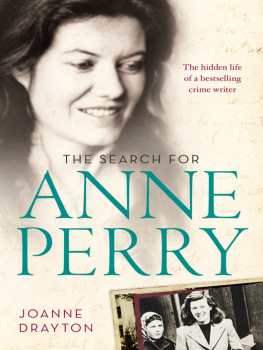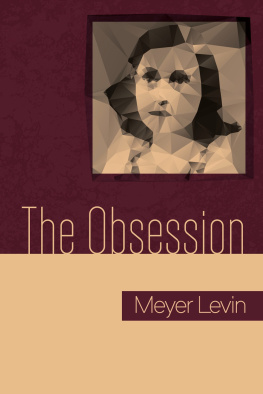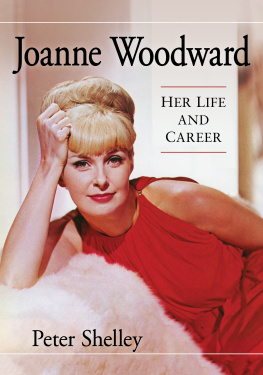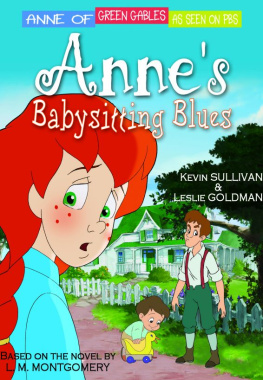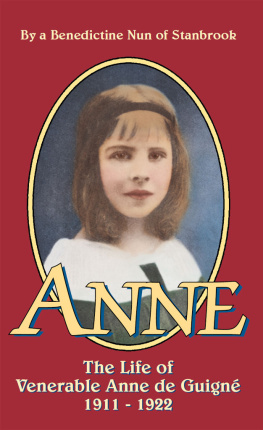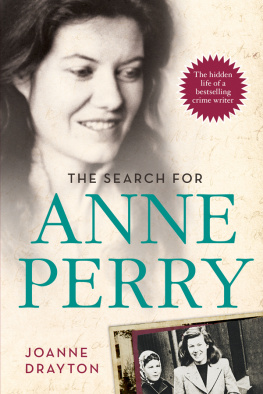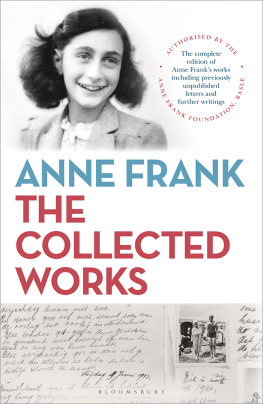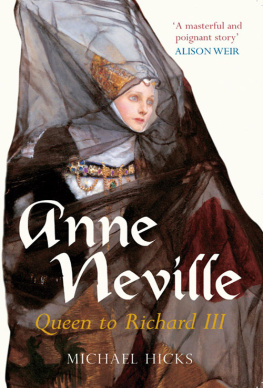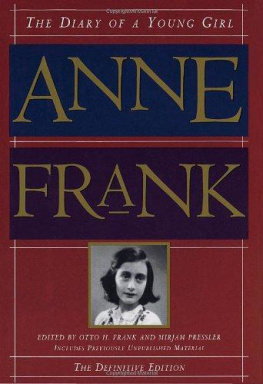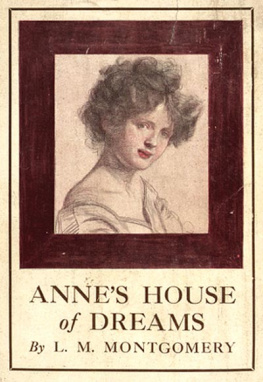The rest is for and about Anne Perry.
Meg hurried back from lunch. It was Thursday afternoon and the next day was her last in the office for two weeks. The weather was warming, and she and her partner, Pim, were going to Wales for their summer holiday. The lunch break had been a chance for them to quickly buy some lamps for their new home together. The day was hot and the streets fumy and noisy, with the hum of London traffic intermittently punctured by screeching sirens. The MBA Literary Agents Ltd office, on the corner of Fitzroy and Warren streets, was in a skinny, grey-brick building with white facings, a brown door with a large brass door handle, and a solid black iron railing. Butted against it on one side was a garish little coffee shop, and above the brown door long, thin windows were stacked in pairs; in all, it was three storeys high with a tiny flat on top.
The office was open-plan, so coming through the door was to become immersed in the clack of keyboards, the screech and whirr of the fax machine, the ringing of telephones, and the relentless buzz of other peoples conversations.
As Meg sat down at her desk, Sophie Gorell Barnes told her that a journalist from New Zealand had rung and would call back. Although this was odd agents usually chased journalists Meg gave it little more thought.
Two hours later, her telephone rang again. The woman on the end introduced herself as Lin Ferguson. Surprised to learn that Meg knew nothing about the ParkerHulme case, she proceeded to tell her about two teenage girls, Pauline Parker and Juliet Hulme, who had murdered the former girls mother in Christchurch in 1954. Then she said breathlessly, And, I think Juliet Hulme is your client, Anne Perry.
Meg exploded with laughter. It was too ridiculous for words. How could Juliet Hulme possibly be her author of 20 bestselling books, the matronly, matching bag and shoes 55-year-old Anne Perry? Finally she recovered enough to say, Come off it I think youve got the wrong woman.
Yeah. I guess I must have. Never mind, came a crestfallen voice from the other end, and the line went dead.
Meg recounted the conversation to everyone else in the office, and they all had a fantastic laugh about the whole thing.
Its incredible, Meg gasped.
Yeah, agreed Sophie, laughing. If you had really committed murder youd become Jane Asher and be, like, queen of cakes. Youd become Delia Smith and be the doyenne of cuisine. You wouldnt go and write grisly Victorian murder mysteries. The next morning, 29 July 1994, the telephone rang again and it was Lin Ferguson.
Actually, she said, I think it is Anne, and were going to publish the story in the Sunday papers.
Well, you think youre going to, but youre going to have an injunction in five minutes, so just stay by the phone. A furious Meg decided to ring Anne immediately, then their lawyer.
Look, Im really sorry to bother you, she began her telephone call to Anne. You know how I have to ask you if were going to involve a lawyer? I think were going to need to do that. She quickly outlined the ridiculous story that Lin Ferguson had told her. Can you believe it? Theres a film being made about this murder, and some people have got hold of this crazy idea that its you But were going to get an injunction.
Megs words hit Anne Perry like the first wave of an atomic explosion. She felt physically sick. It had happened at last, the one thing in the world she feared the most. For a while she was almost senseless, listening but not hearing, the room receding and her head pounding like a drum. Im sorry, but you cant You cant refute it because its true.
There was a sharp intake of breath at the other end of the line. Im going to phone you back from a more private phone. Im going to call you back in ten minutes.
Ruth Needham, glancing up from her desk and noticing the expression on Megs face, shot off to Diana Tylers cupboard, poured a large Scotch and brought it back for her. Meg emptied the glass, steadied her nerves, then climbed the narrow staircase to the hush of MBAs attic flat to ring Anne at her home in Portmahomack, in the Highlands of north-eastern Scotland.
OK, I still love you. Now, you have to tell me about this. And so for the first time they had a proper conversation about Annes past, and things began to fall into place. The gaps in Annes life that Meg had wondered about, the late teenage years that evaporated in sickness, the furtive glossing-over of certain matters, the way Anne had always made questions disappear as if by sleight of hand all this Meg had put down to Anne being Anne, but now she realized that it meant a whole lot more. Collecting herself, she began to strategize.
What we need is a lawyer to manage the press for us. This is going to be big and we need expert advice. She told Anne to sit tight and talk only to her mother and her closest friend, Meg MacDonald. As soon as she got off the telephone, Meg rang their lawyer, who immediately gave her the contact details for Lynne Kirwin, a publicity agent who would help limit the media fallout.
Lynne Kirwin recommended a plan that she hoped would contain things and reduce the trauma for Anne. Anne will have to do an interview for the [ Daily ] Telegraph , [as thats] the paper in the UK where other journalists get their facts from. Well have one interview there telling the whole story, and Anne doesnt need to talk to anyone else well just kill it dead right there.
In this huge crisis, should Meg continue with her holiday plans to Wales, or cancel everything and go up to Portmahomack with a shotgun picking off journalists and fielding phone calls? Finally, she decided to trust Lynnes reassurances and go to Wales. If she had realized what was going to happen, she might well have changed her mind. As it was, Anne rang her every day she was away. Meg and Pim spent their first week at a bed-and-breakfast in an old farmhouse. There was only one public telephone, in the hall, and the good-natured staff would serve Megs cooked breakfast there, while she stood with the receiver in one hand and a fork in the other.
Anne was terrified she would lose everything her friends, her career, her income and her house. Would it be a repeat of the past, with the same vilification? Am I never to be forgiven? She worried about her brother, Jonathan Hulme, and about the impact on his wife and young children. She feared, too, that the ordeal of having the past raked up again would kill her mother, now known as Marion Perry, who was then 82 years old and in poor health and living a kilometre or so away at Arn Gate Cottage. But when Anne went to tell her mother the news, Marion showed herself to be stronger than anyone could have imagined; she stood by her daughter in steely fashion. There was something cool, self-assured and calculating about Marion. In her day, her coiffed hair, perfect presentation and glamorous looks had hushed party conversation and stopped men mid-stride. Even in old age, something of the coquettish grace and elegance survived. She was clever at reading people, and past humiliation and social disgrace had made her more astute and determined not to give up the life she and her daughter had rebuilt. Theres no place for tears. If theres any crying, its to be done much later, she instructed Anne, and sent her back to her semi-restored stone barn to draw up a list of friends and do battle. Anne, who would not remember much of what she did during this time, sat down and worked out the people she should see in person, and those she must telephone.

